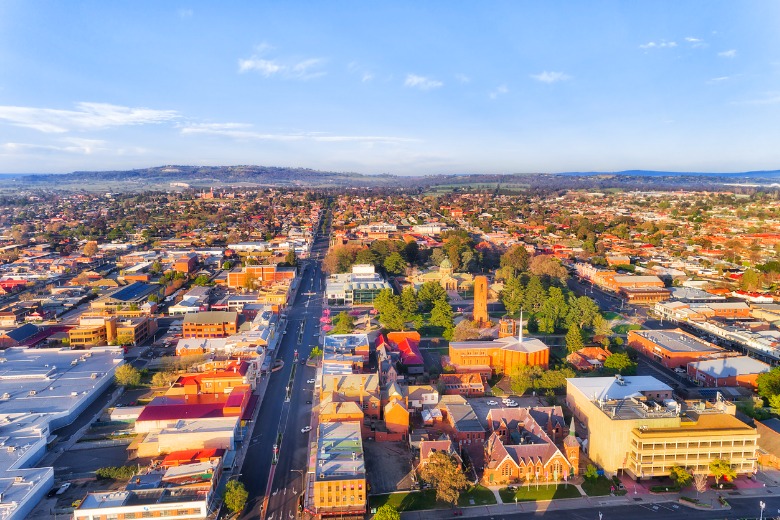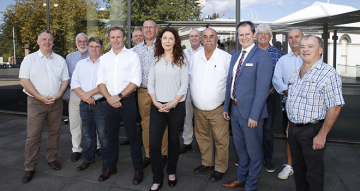
A motion calling on the NSW government to urgently address the affordable housing crisis and incentivise private residential development in non-metropolitan areas has been unanimously passed at a meeting of regional mayors.

The motion was put to the floor of the Regional Cities NSW meeting in Wagga Wagga last week.
The lobby body unanimously supported the motion to bring the worsening regional housing situation to the attention of housing minister Rose Jackson and Homes NSW CEO Rebecca Pinkstone.
The motion, put forward by Tweed Shire Mayor Chris Cherry, seeks an urgent audience with Ms Jackson and Ms Pinkstone to find out about the government’s investment plans for regional cities and how it’s planning to deliver on-the-ground social and affordable housing solutions over the next two years.
The motion also calls for levers to incentivise approved private residential development being brought to market.
Worsening crisis
Mayors attending the meeing said regional areas are continuing to attract more residents but supply of affordable housing isn’t keeping up with demand.
Councillor Cherry says the Tweed’s housing affordability has significantly worsened since covid, which saw capital city residents flee to the Northern Rivers to escape lockdowns. The situation was further exacerbated after thousands of homes were either lost or damaged in the February-March 2022 floods.
“The urgency of the housing crisis across regional cities is dire, with the lack of housing contributing to a rising inability of businesses to attract workers,” Cr Cherry said.
“We are seeing increased levels of homelessness in the Tweed, along with increased anti-social behaviour as people become more desperate. What we need are tangible outcomes on the ground.
“It is incredibly frustrating to hear about the worsening housing situation in our Shire when we have significant private residential developments already approved and ready to go but no lever to force developers to forge ahead in a timely manner.”
Regional Cities NSW Chair Mathew Dickerson, who is also Mayor of Dubbo Regional Council, called on the NSW Government to stand up for the regions.
“Regional cities have to think outside the square to deliver for their local community and we need to put all options on the table if we are to tackle this generational problem in any meaningful way,” Cr Dickerson said.
“In some ways its is a good problem to have: residents want to move to our regional cities. Unfortunately we simply don’t have enough housing for the people who want to make the move to regional locations.”
Regional Cities NSW will also make a submission to the state government’s draft budget calling for
- continued support for regional housing needs
- collaboration with local governments to increase supply
- incentive mechanisms to improve land banking and the Build to Rent measure
- annual indexing of developer contributions
- ongoing support for the Local Infrastructure Renewal Scheme (LIRS)
- increased density of existing affordable and social housing properties
Regional Cities NSW represents the 15 main regional cities in NSW including Albury, Armidale, Bathurst, Broken Hill, Coffs Harbour, Dubbo, Goulburn Mulwaree, Griffith, Lismore, Maitland, Orange, Queanbeyan Palerang, Tamworth, Tweed Shire and Wagga Wagga.
Comment below to have your say on this story.
If you have a news story or tip-off, get in touch at editorial@governmentnews.com.au.
Sign up to the Government News newsletter
It’s time to revisit a 50 year old Whitlam era decentralisation policy. It didn’t work back then, but the Internet has changed everything. We no longer need to corral office workers in soulless CBD offices. It’s time to move jobs to where people can afford to live. It’s time to divert infrastructure funding to regional areas. There’s a continuing net outflow from our capital cities. Half those leaving are millennials.